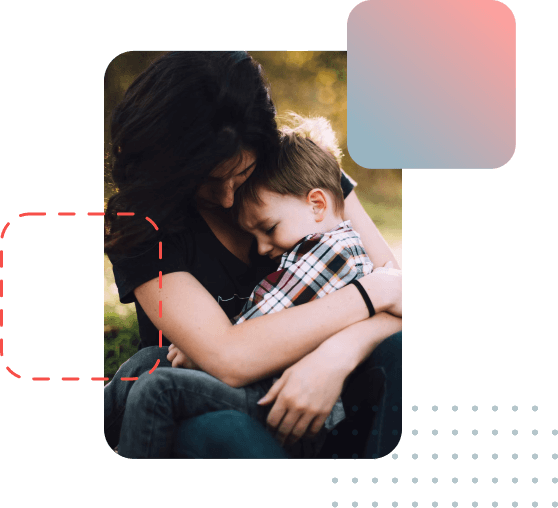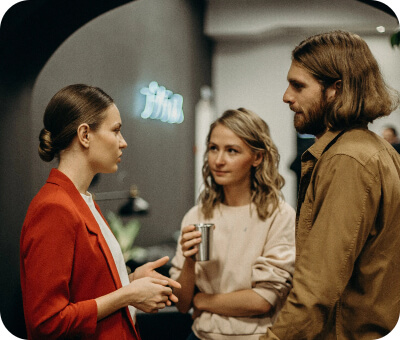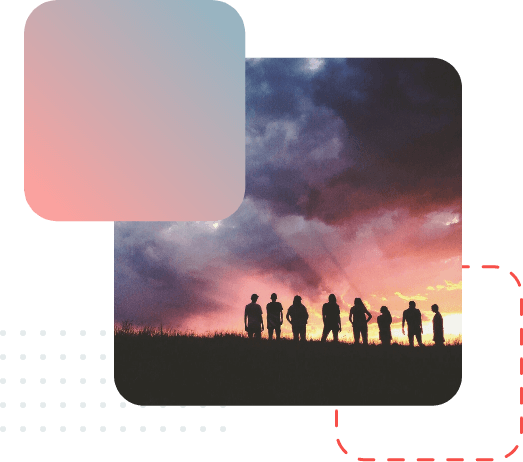How do we help parents and caregivers?

01 Counselling Techniques
Counsellors use a trauma informed, client centred approach to learning and change. Each counselling practitioner has their individual approach to working with clients, which is drawn from multiple professionals in their respective fields.

03 Resources for Parents and Caregivers
We love providing resources for our parents and caregivers. Here are just a few websites we recommend:
Parenting Tools
Finding a balance between maintaining connection with your child/teen and discipline can be challenging at times. Extensive research shows that we cannot influence children to change their behaviour and learn new ways if we do not have a connection with them or them with us.


Leading expert Dan Hughes speaks to 4 simple skills that support parents and caregivers to maintain connection during rewarding and challenging times. These skills when used as part of everyday interactions within the parent /child relationship can reduce the impacts of conflict and support the building of boundaries and reinforcing positive behaviours.
Further resources can be found at https://ddpnetwork.org/about-ddp/meant-pace/





